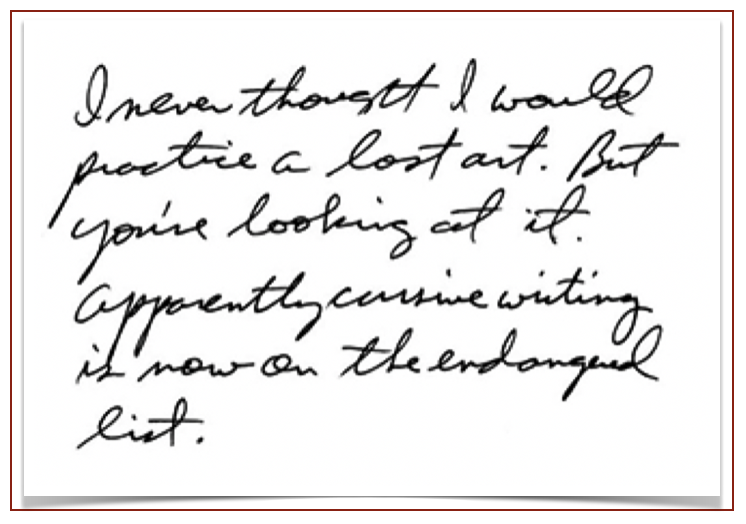If you are undergoing IELTS Test preparation, this thought would have certainly crossed your mind –
“Will my handwriting affect my IELTS Band Score?”
Definitely!
Generally, IELTS Exam assesses a candidate’s English Language skills and abilities. But, you
should not forget the fact that you are required to write your IELTS test by hand. Therefore, your handwriting is important.
So, does your handwriting need to be good?
Obviously, it does!
The two main aspects of handwriting are:
- Your handwriting must be legible
- Examiner must easily decipher your handwriting
Here, ‘legible’ refers to easily readable. And, ‘decipher’ means the examiner must easily make out what you have written. Altogether, an examiner must be able to read and understand what you have written.
If your handwriting is bad or illegible, the examiner will be unable to understand what you have written. And, this will eventually lower your IELTS Score.
How awful it would be when you write a well-organized, well-thought and error-free essay, but still get a low score! Why? Just because you have a bad handwriting! But, there is a way in which you can avoid losing marks. And, that is practise writing in a way that is easily readable.
One common doubt that IELTS aspirants usually have –
Is it advisable to use Cursive Writing for the IELTS Test?
Well, you can use any style of writing for the IELTS Exam. Whichever style you may choose for writing your answers, the only thing that matters is you must write it in a clean handwriting. Else, you might lose your marks.
However, writing in cursive letter makes no difference to your score. But, if you have a handwriting that is difficult to read, there are chances that writing in cursive may lessen your score.

If your handwriting is illegible as shown above, you can choose to write in capital letters.
For IELTS Listening and Reading tests, you can choose to write your response in uppercase, lowercase or a combination of both. But, for IELTS Writing test, it is not appropriate to write your letter/report and essay completely in capital letters as you need to demonstrate the correct use of capital letters and punctuations here. Again, writing complete response in capital letters consume more of your time.
How can you improve your handwriting?

The key to improve your handwriting is “PRACTICE”.
Some tips that will help you mend your handwriting:
- Practise writing at least one paragraph daily
- Let your friends, colleagues or family members read what you have written. Ask them if they found it difficult to read or are there any specific words or letters that confused them the most. Learn from their suggestions and improve yourself.
- Keep a check on the space you leave between two words. Take care that you don’t leave too less or too much space.
- Rather than indenting paragraphs, it is recommended that you leave an empty line between each paragraph
- Have a look at the size of your writing. It is advisable that you keep a proper size of your writing.
- If you are not comfortable with cursive writing, you can avoid it wherever possible. But, you must practise writing in cursive so that you don’t lose marks in IELTS Writing Test.
You can even anticipate your IELTS Score by seeking help of Writing Correction Service.You need to write your essays and submit it for the Writing Correction at IELTS Tutorials. Experts will evaluate your tasks, provide the score, and send them back to you with their feedback. This will help you rectify your mistakes and improve further.
Handwriting matters in the IELTS Test, so don’t stop practising.
Remember again, Practice is the key.
All the best!
Author Bio: Milan Patel with his team developed IELTS Tutorials to make IELTS preparation flexible. On this online portal, the test taker can access IELTS practice tests for free with several beneficial services like test evaluation, writing correction service, and tips & strategies in the blogs to improve overall band score.
###
May 1, 2018


0 Comments